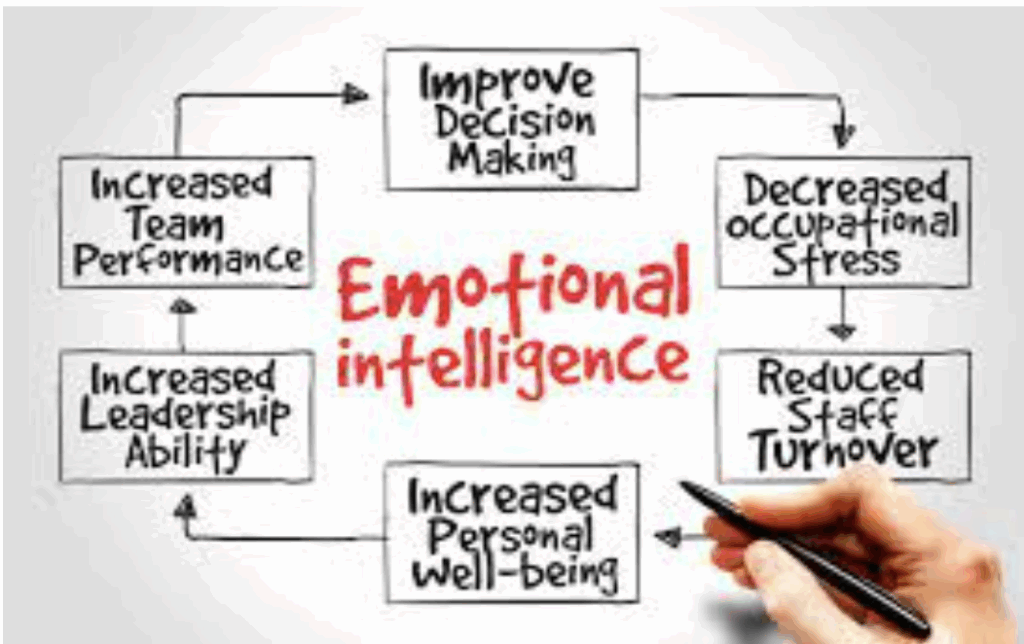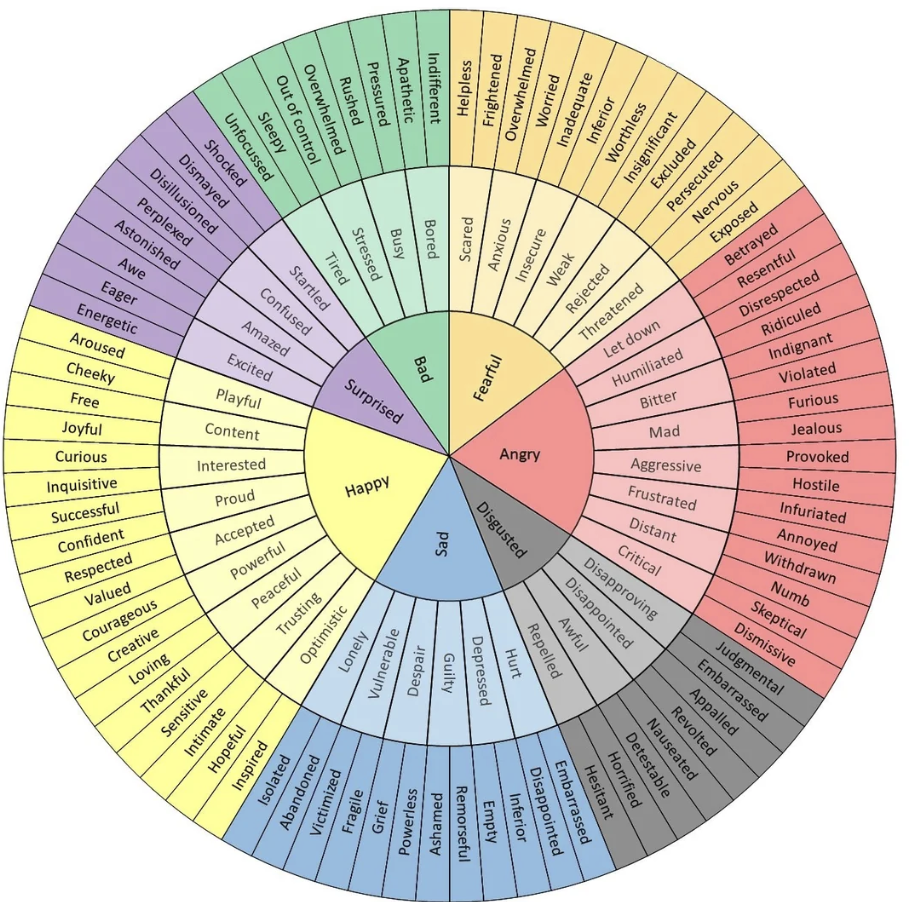Emotional Intelligence among Registered Pharmacy Technicians and Its Indirect Impact on Patient Care.

Background
The main aim of this blog is to highlight how emotional intelligence level among pharmacy staff,
including registered pharmacy technicians, can impact patient care. Whether it is a community
pharmacy setting or a hospital pharmacy department, the drug distribution system has the same
philosophy that we ensure patient-centered care is not compromised. In practice, it is not so easy
to maintain patient-centered care while managing contributing factors such as daily pharmacy
workflow, drug inventory issues, staffing issues, training and new hire, insurance billing,
compliance and standard of practices, and staff’s mental and physical health on a specific day.
Thus, staff’s emotional intelligence is one of the major factors that can impact patient care.
Emotional Intelligence level among members of the team and a psychologically safe pharmacy
environment have been a popular topic these days. Pharmacy Technicians are a bridge between
pharmacy assistants, pharmacists, and the administrative & management team. They are a crucial
member of the pharmacy services facilities who contribute to the quality performance of the
pharmacy team and day-to-day practice. In the next paragraph, I am going to talk about how
pharmacy technicians’ emotional intelligence level impacts the service quality of the whole
team.
What is Emotional Intelligence?
According to Travis Bradberry & Jean Greaves (2009), Emotional Intelligence is your ability to
recognize and understand emotions in yourself and others, and your ability to use this awareness
to manage your behavior and relationships. By knowing our own and others’ emotions, we can
improve decision making, increase personal well-being, increase leadership ability, decrease
stress, and increase team performance. With my work experience of more than 25 years in
pharmacy and pharmaceuticals, I have learned, staff’s mental and physical wellbeing is
significantly important to provide safe services to our patients. Personally, I believe,” a high
level of emotional intelligence (EI) and effective communication impacts mindful actions and
develops a conscious professional practice.”
Photo Source: Google Photos
How does Emotional Intelligence relate to quality patient care?
There is a strong connection between a high level of emotional intelligence and effective
communication, which impacts mindful actions and develops a mindful professional practice. In
my view, poor communication in the workplace negatively affects the emotional well-being of
team members, often leading to behaviors such as blaming, irritation, frustration, emotional
outbursts, dissatisfaction with job responsibilities, and a lack of motivation to come to work.
Professional practice cannot be carried out effectively with poor emotional health, as it disrupts a
team member’s mental focus. This psychological strain can lead to medication errors during the
drug distribution process, ultimately hindering the ability to perform tasks mindfully and
accurately. Thus, appropriate and respectful communication is an important factor in reducing
medication errors. I want to highlight that if negativity exists in the workplace, team members
may feel demotivated to join the team the next day, and it may contribute to more sick calls. We
cannot deny the fact that most of us want appreciation from others, which is one way to stay
motivated at work. That is the reason why we need to have a positive workplace environment, to
deliver quality patient care.
How can pharmacy technician improve their emotional intelligence?
Emotion wheel is one of the effective tools to recognize our own and others' emotions. To
practice recognizing someone else’s emotion at the workplace, following the emotion wheel
below, if we find someone if angry, the person might be feeling frustrated, annoyed, or jealous
for some reason. If we are acting fearful, we may be feeling anxious, overwhelmed, or inferior.
After recognizing your own emotions and other people’s emotions at work, we can maintain our
emotions while communicating with other team members. This emotions wheel practice
improves our emotional intelligence. Improved emotional intelligence among pharmacy staff
members contributes to a positive environment, leading to reduced medication and drug
distribution errors.
Secondly, non-judgmental self-observation develops mindfulness while communicating,
resulting in better connection and respect for each other. The self-observation practice supports
creating mindful action. Listen carefully and respectfully before we speak.
Thirdly, recognizing our thoughts, whether negative thoughts, positive thoughts, or just thoughts,
memories of the past, and plans, but not being influenced by them develops emotional
intelligence and a stable state of mind. This practice is a mindfulness practice.
Pharmacy technicians are expected to take part in leadership, but pharmacy technicians were not
taught this chapter in the diploma courses, and without learning emotional intelligence, work
practice in a busy environment fails to create a good leader. For Alberta Health Services
pharmacy technicians, there are three modules on emotional intelligence called “The Leader’s
Guide to Emotional Intelligence, Modules 1, 2, and 3, if anyone working for AHS is interested in
learning those modules. These modules are beneficial for regulated pharmacy technician
positions since this position provides us a great chance to practice leadership in everyday
practice. We can print the downloaded workbook in these modules and practice the exercise
better to understand the value of emotional intelligence in daily communication.

Photo Source: Emotional Wheel: A Resource for Better Understanding Emotions.:r/Healthygamergg
Conclusion
High level of emotional intelligence is very important for pharmacy practice and quality patient
care. Creating a positive work environment is up to the level of emotional intelligence of the
team members in a that work place, which comes with practicing emotions wheel and mindful
communication.
This post was written by Bijaya Dhakal, a registered pharmacy technician with 12 years of professional experience in both community and hospital pharmacy settings in Alberta. She is passionate about supporting patients and clients through the delivery of pharmacy services, and truly enjoys working alongside a dynamic team of healthcare professionals and support staff. Her work brings her a deep sense of purpose, and she finds real meaning in the contributions she makes to this profession.
